|
|
|
|
Nau mai haere mai, welcome to this week’s newsletter.
As the cost of living climbs, advocates have begun to call on the government to cut GST from essential foods. But, as Lincoln University’s Alan Renwick warns, cheap food comes with a health and environmental cost.
Demand for cheap food ignores the value of what we are eating, places pressure on natural environments and leads to massive amounts of waste.
Instead of looking to cut GST as a way to reduce food poverty, Renwick argues, the government should be using the tax income from GST to introduce targeted support.
There’s more to read here and on our homepage, including this fascinating look into New Zealand’s climate history and the possibility something called the “Zealandia Switch” might be happening again, with dire consequences for our alpine glaciers.
Until next week, take care and mā te wā.
|

|
Debrin Foxcroft
New Zealand Deputy Section Editor
|
|
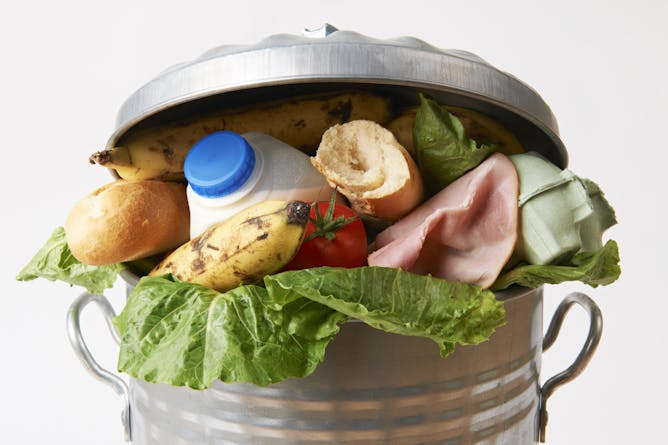
Alan Renwick, Lincoln University, New Zealand
Ending GST on some foods is being touted as a way to reduce food poverty. But cheap food comes with a high environmental and health cost. Is there a way to value food but reduce hardship?
|

Alfio Leotta, Te Herenga Waka — Victoria University of Wellington
Substitute Russia for the Soviet Union and it’s clear why the cult Cold War action movie Red Dawn has found a new fan base nearly 40 years on.
|
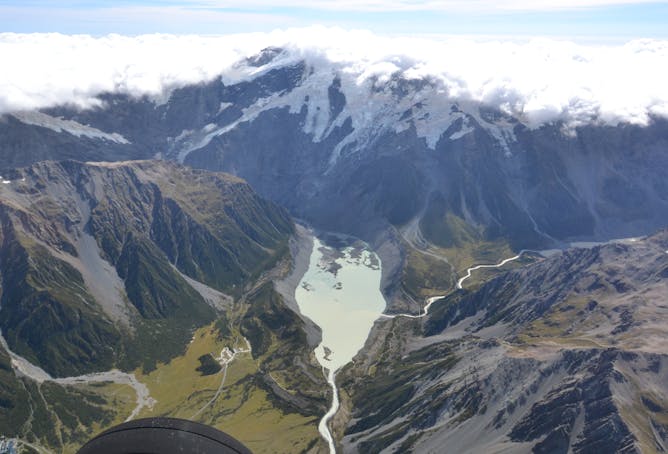
Andrew Lorrey, National Institute of Water and Atmospheric Research; Aaron Putnam, University of Maine; David Barrell, GNS Science; George Denton, University of Maine; Joellen Russell, University of Arizona
Rocks deposited by vanishing glaciers in the Southern Alps thousands of years ago hold climate clues about the past, painting a bleak picture about the long-term survival of alpine ice in New Zealand.
|

Claire Breen, University of Waikato
Current parental leave schemes reinforce old gender stereotypes and the pay gap between women and men. Overseas experience shows better targeted leave for new fathers helps everyone.
|

Susan Hazel, University of Adelaide; Julia Henning, University of Adelaide
Although cats are evolved for night-time activity, during domestication they have adapted to human lifestyles. There’s plenty you can do to try and get your cat to stop waking you in the wee hours.
|
From our foreign editions
|
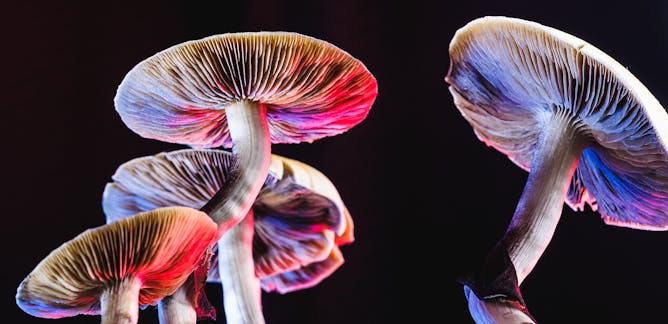
Katie Field, University of Sheffield
New research has found what may be language in electrical impulses transmitted between mushrooms.
| |

Kimberly Nicholas, Lund University
A new study finds congestion charging and creating car-free streets and separated bike lanes have been most effective at reducing car use in European cities.
|
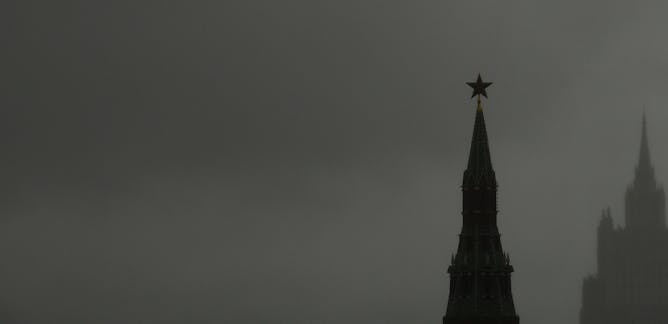
Gregory Carleton, Tufts University
As Western sanctions seek to isolate Russia, they also perversely reinforce the country’s mythic view of itself as a special place that outsiders want to destroy.
| |
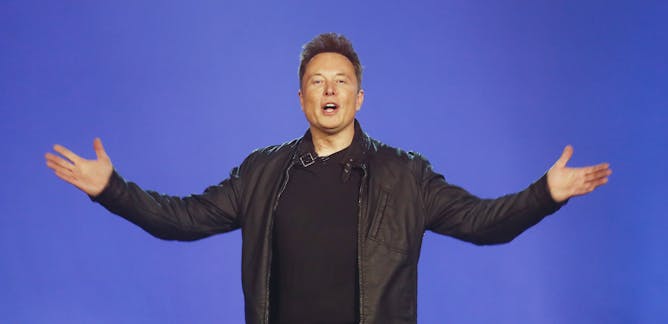
Tuugi Chuluun, Loyola University Maryland
Twitter adopted a so-called poison pill to make it much harder for Musk to take over the company.
|
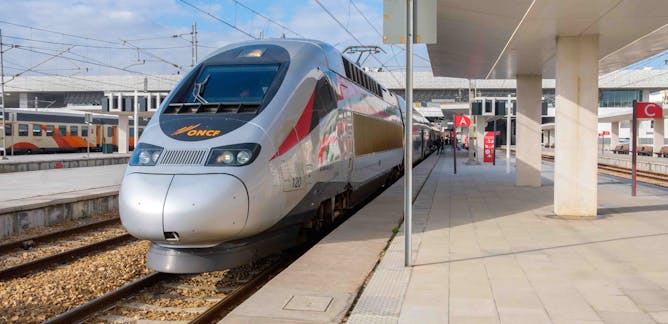
Etim Offiong, Obafemi Awolowo University
Africa’s outer space programme can help the continent meet its other flagship goals.
| |
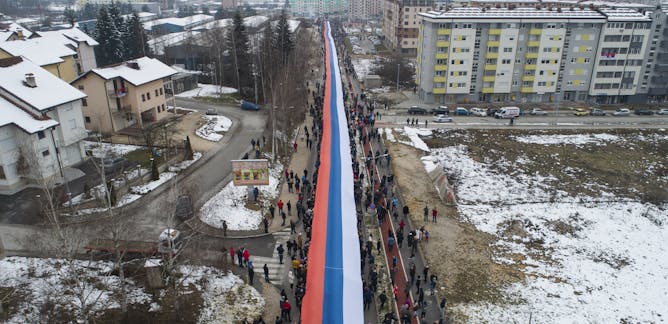
James Horncastle, Simon Fraser University; Jack Adam MacLennan, Park University
Russia’s future influence on global affairs may not be limited to Ukraine — it may run through Bosnia-Herzegovina. To understand why, we need to think about how past conflicts shape today’s politics.
|
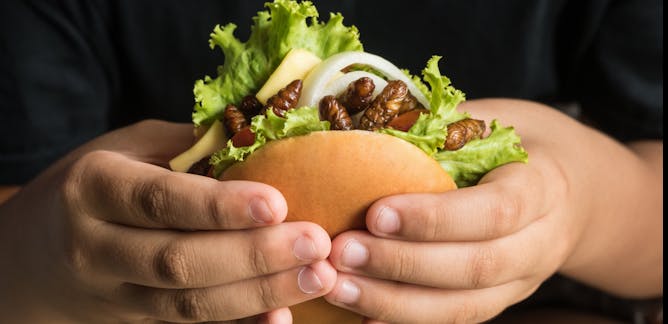
Katherine Wynn, CSIRO; Michelle Colgrave, CSIRO
A new ‘protein roadmap’ produced by CSIRO reveals foods set to fill fridges by 2030 as health, environmental and ethical concerns push consumers away from meat.
| |
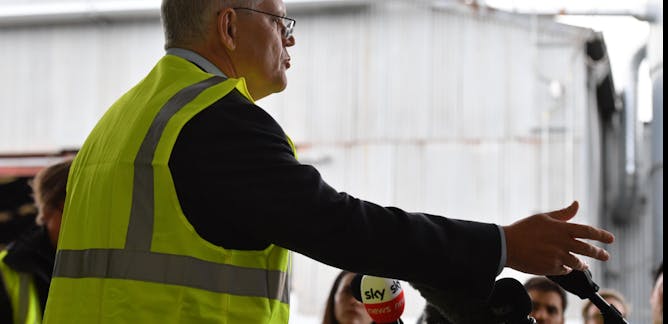
Misha Ketchell, The Conversation
At The Conversation we’re committed to politics coverage that goes beyond sound bites, photo ops and the gaffe of the day. That why we asked you, our readers, to help us #SetTheAgenda.
|
|
|
| |
| |
| |
| |
|
|
|
|
|
|
|